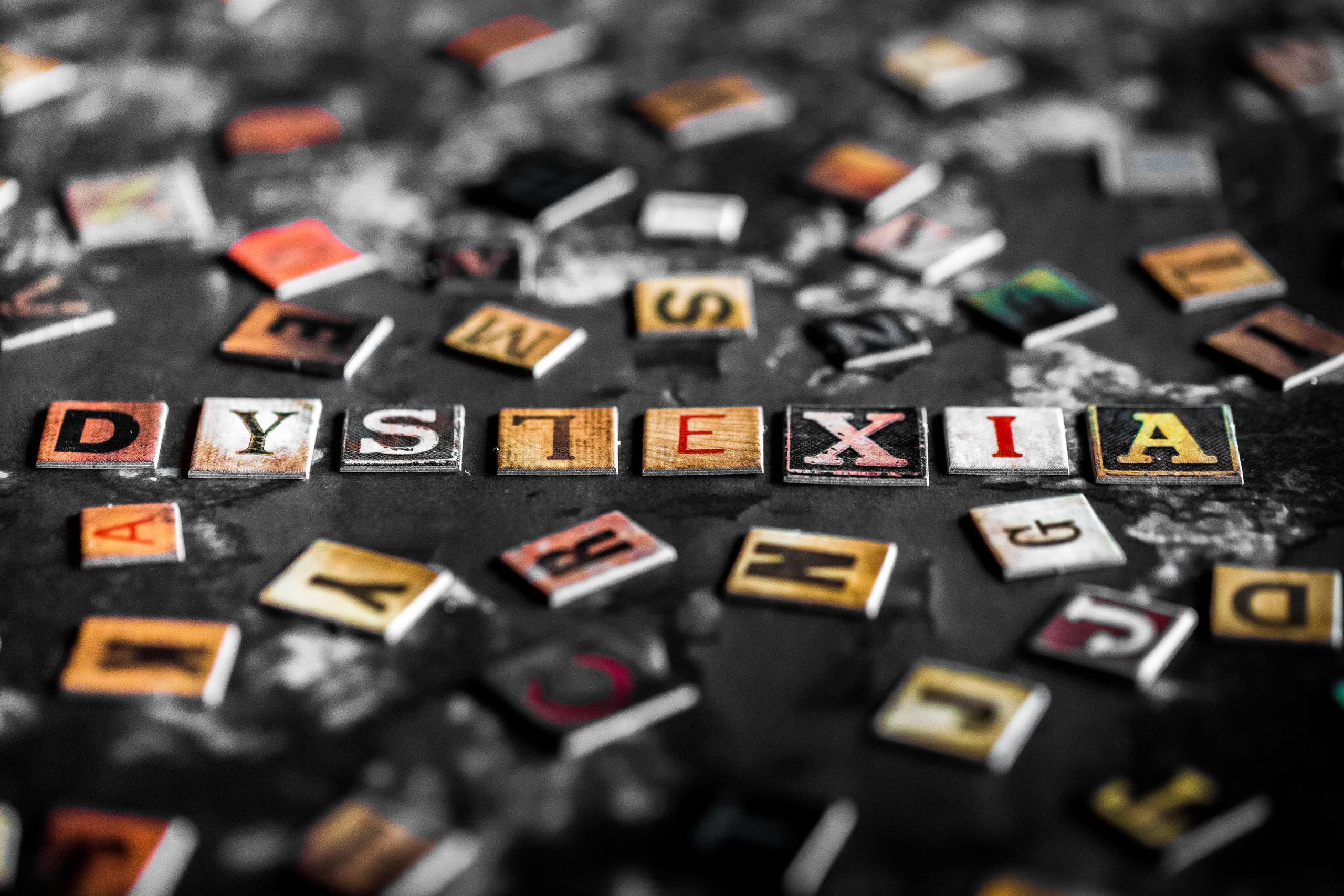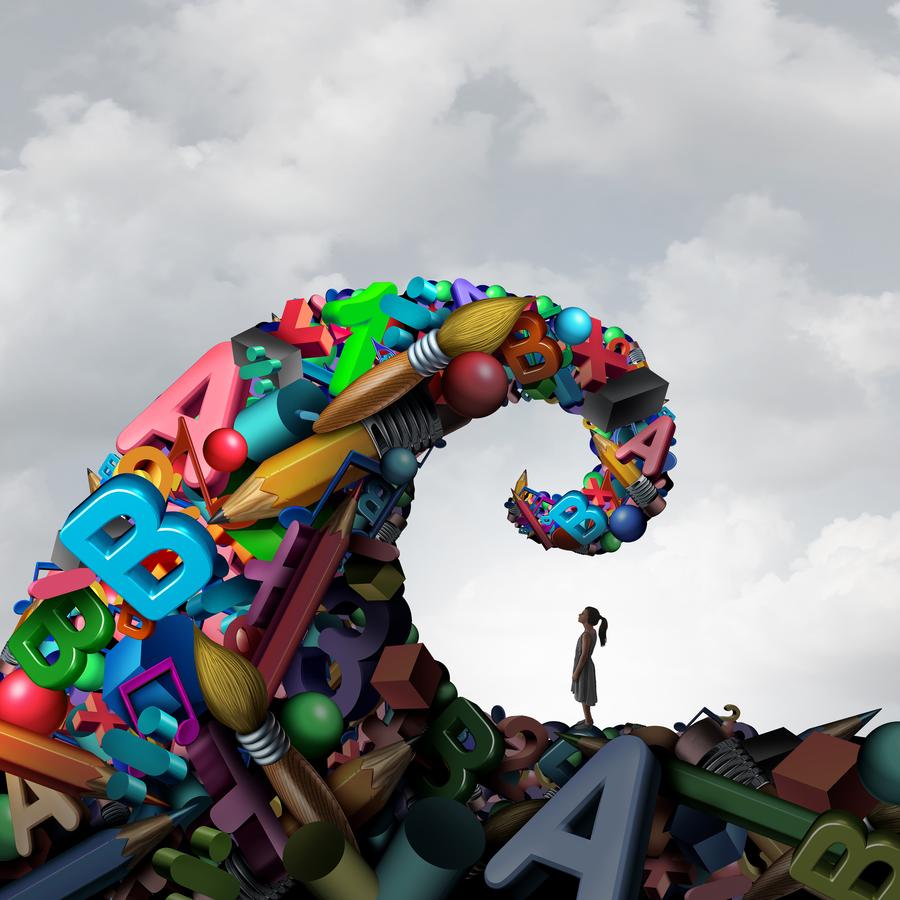What Is Dyslexia?
Dyslexia is a learning difference characterized by difficulty with decoding words, reading fluency, and/or big-picture reading comprehension. Dyslexia is also:
- Often linked with high levels of creativity, ingenuity, cognitive flexibility, and spatial skills
- Often reflective of differences in brain development that can result in advanced skills and abilities in other areas
- Often inherited, with one or more family members also having reading difficulties
- Often co-occurring with other learning differences such as dyscalculia, dysgraphia, or ADHD
- Able to overshadow strengths such as high visual-spatial or hands-on intelligence, which are less emphasized in the traditional education system
What Dyslexia is not:
- Something to hide or be ashamed of
- Untreatable
- Related to intelligence
Symptoms of Dyslexia:
Children and adults with dyslexia may show various symptoms such as:
- Difficulty learning to recognize letters and/or numbers
- Difficulty mastering the letter-sound associations
- Difficulty sounding out words, relying more on the memorization of sight words
- Trouble with reading comprehension
- Inability to finish tests that require reading
- Avoidant or disruptive behaviors during classroom activities or homework time
- A need to reread passages multiple times to gain understanding
- Non-fluent, choppy reading
- Anxiety, learned helplessness, or self-deprecating comments around learning
What Is Dysgraphia?
Dysgraphia is a learning difference characterized by difficulties in various aspects of the writing process, including spelling, legibility, letter/word spacing, punctuation, grammar, and composition. Dysgraphia is also:
- Often co-occurring with dyslexia, dyscalculia, and/or ADHD
- Often hereditary, meaning one or more family members have writing difficulties
- Often the result of difficulties with orthographic encoding, which is the ability to store written words in working memory
What Dysgraphia Is NOT
- Something to hide or be ashamed of
- Untreatable
- Related to intelligence
Symptoms of Dysgraphia
Children and adults with dysgraphia may show signs such as:
- Difficulty with spelling
- Illegible or messy handwriting
- Inconsistent letter/word spacing
- Awkward pencil grip
- Difficulty with punctuation and capitalization
- Difficulty with grammar
- Difficulty getting thoughts and ideas down on paper
- Avoidance of writing tasks
- Difficulty with note taking in the classroom
- Discrepancy between ability to verbally explain concepts versus ability to write them
Reach Out to MN Neuropsychology Today
Contact us to schedule a dyslexia or dysgraphia assessment. We’ll help to determine whether a diagnosis is appropriate and connect you with the best resources and intervention.


